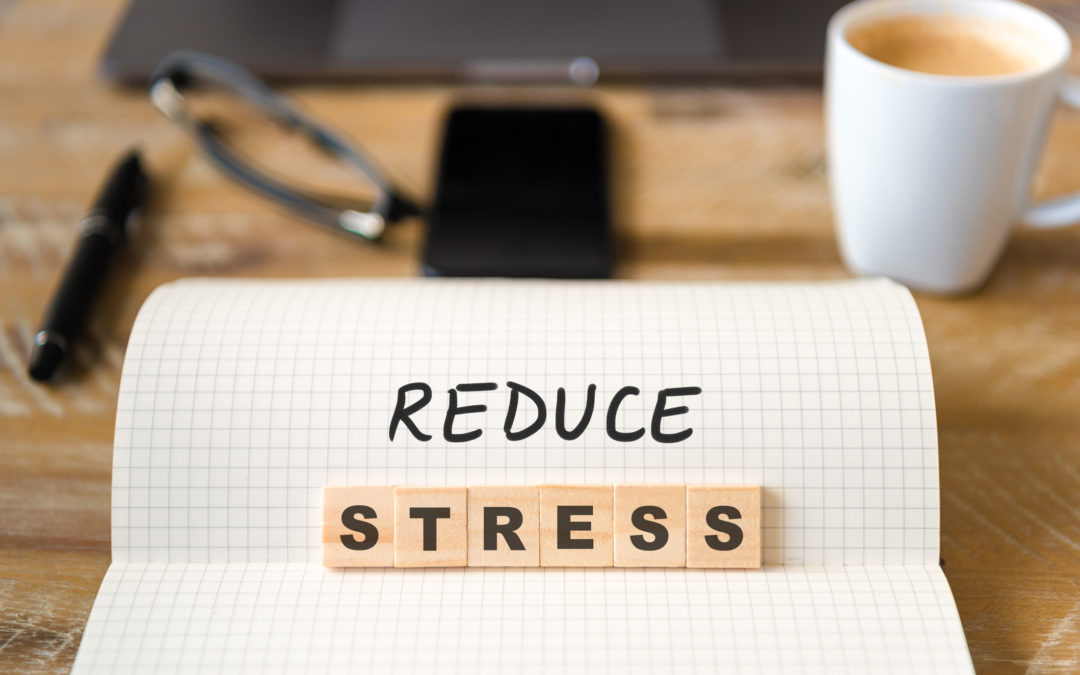Stress is a natural response to challenging or threatening situations, but when it becomes chronic, it can have a damaging impact. Stress in the workplace can lead to reduced productivity, sick days, and even job burnout.
What’s more, stressed employees translate into low engagement, high absenteeism, negativity, and higher healthcare costs.
Understanding what causes stress in the workplace is the first step to taking measures to address and prevent it.
What causes stress in the workplace?
While the cause of stress in the workplace can be many, here are some of the most common ones:
- Excessive workloads
- Lack of opportunities for career advancement
- Lack of mental health/social support
- Conflicting demands
- Negative atmosphere
- Unclear performance expectations
Negative impacts of stress on the individual and the workplace
Chronic stress impacts an individual’s physical, emotional, and social well-being in many ways.
Some of the negative physical and mental health consequences of long-term stress include:
- High blood pressure
- Gastrointestinal issues
- Heart problems
- Lowered immunity
- Depression, anxiety, sleeplessness
Stressed employees can also impact the work environment and the company’s bottom line on the whole. Here are some statistics that show the harmful consequences of stress in the workplace:
- Close to a million employees miss work each day due to stress
- Each year, businesses in the US lose $300 billion because of workplace stress.
- Stress at the workplace can be contagious and spread to co-workers, affecting the overall morale and productivity
How individual employees can reduce their stress
There are a number of ways to deal with stress in the workplace.
Adopt healthy ways to cope with stress: Instead of eating junk food, smoking, or drinking alcohol to handle stress, adopt healthy habits. Stress-relieving techniques such as yoga, meditation, regular exercise, and deep breathing can be helpful.
Some other ways to cope with stress include:
- taking regular breaks
- establishing a good sleep routine
- ensuring that the workload is manageable
Make time for what you enjoy doing: Whether it’s a long walk in the woods, playing games, reading, or going to concerts, set aside time for doing things that make you happy.
Talk to your boss/supervisor: If excess workload, harassment, or negative talk is the reason behind the stress, schedule a conversation with your manager. Convey that you are looking for an effective plan to reduce these stressors that can help you do your best.
What managers and supervisors can do to reduce employee stress
The most important way is to be aware of the problem and to be proactive in trying to fix it.
Here are some ways to reduce employee stress:
- Provide a clear and concise job description to clarify roles and responsibilities
- Promote a healthy work-life balance with flexible work schedules and the option to telecommute
- Design wellness programs and mental health days
- Provide a supportive work environment where employees feel comfortable discussing their stressors and seeking help
- Recognize employees for their accomplishments and offer constructive feedback
Take a comprehensive approach to reducing stress
As you know by now, there are ways to reduce the level of stress employees experience at work. If, as an employer, you need additional office staff to balance workload, help with a project or fill in for employees on leave, The Resource Connection, Inc. (TRC) can help. We are a full-service staffing company providing temporary help, temp to hire or direct hire placement of office, administrative, accounting, finance, customer service, human resources, legal support personnel and more. TRC is a certified women-owned business enterprise. We have been serving the greater Boston area, the North Shore and southern New Hampshire for 35 years.

